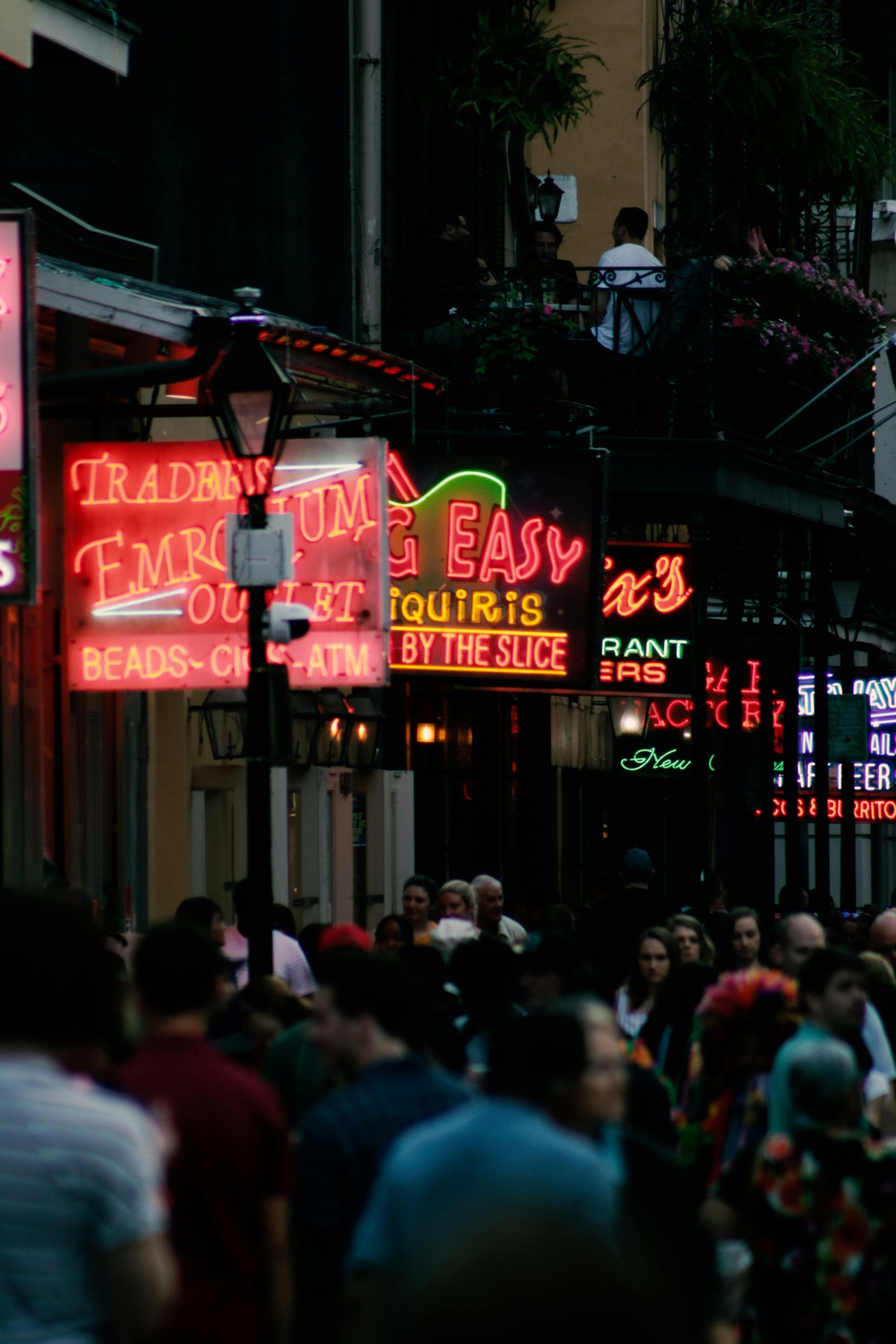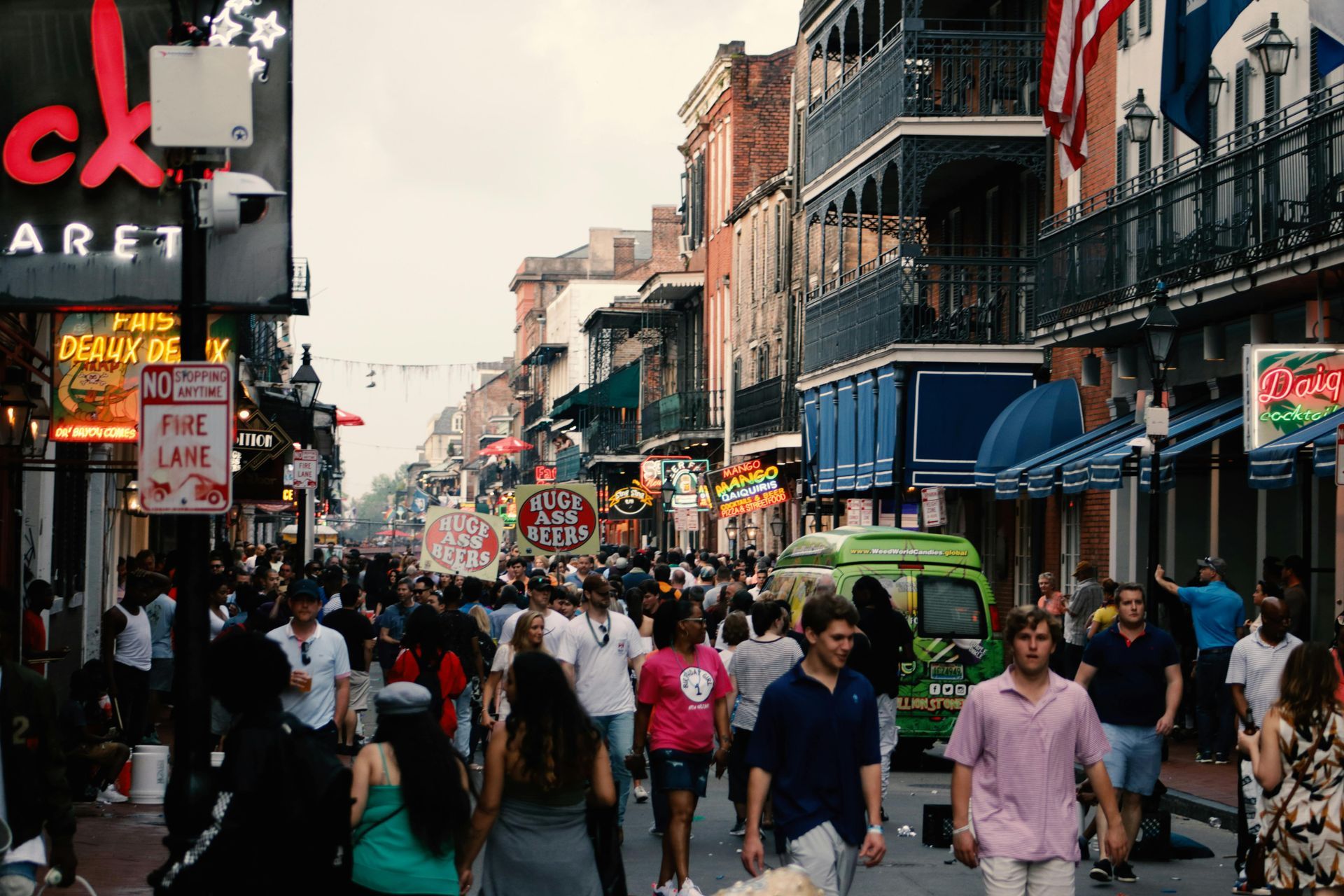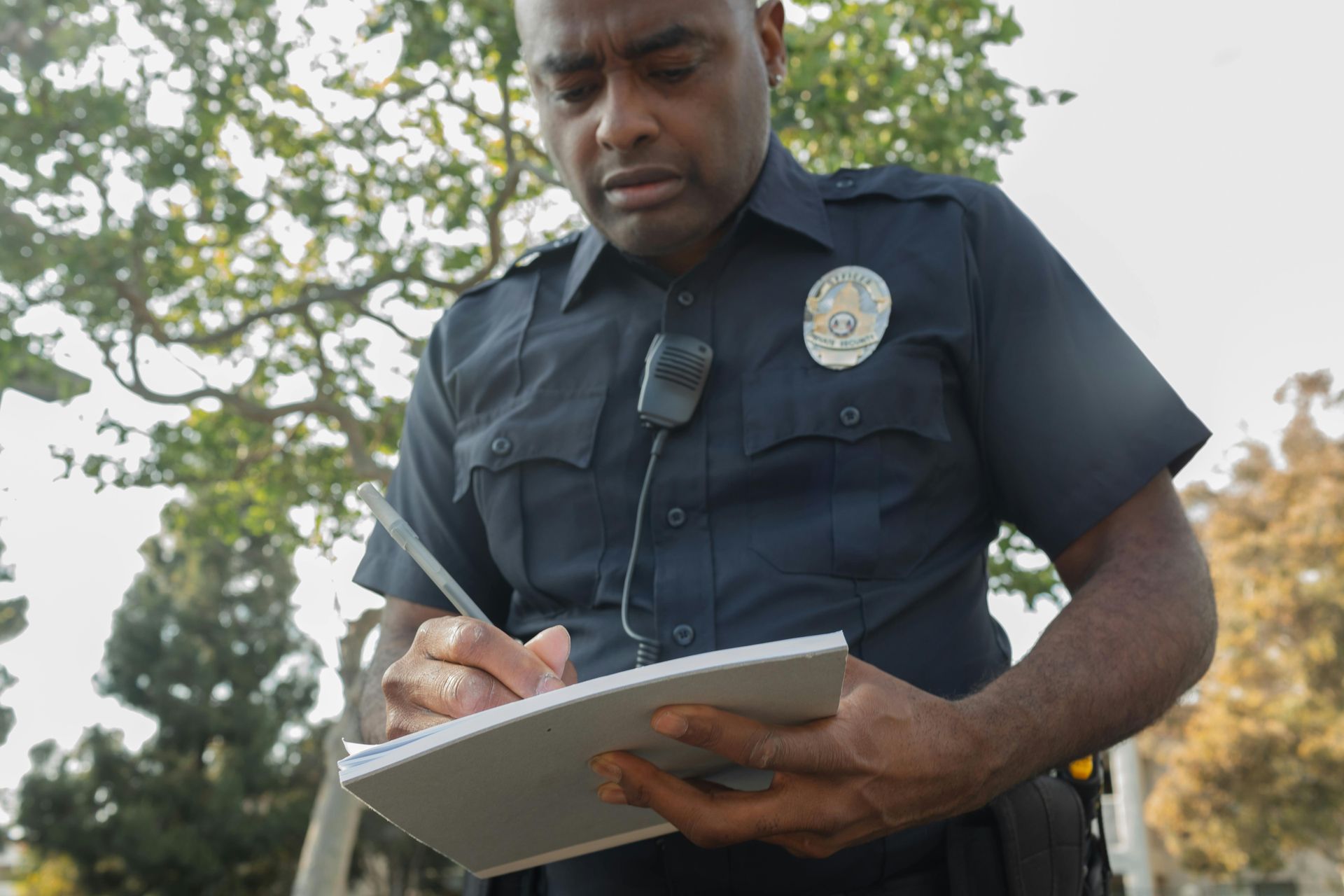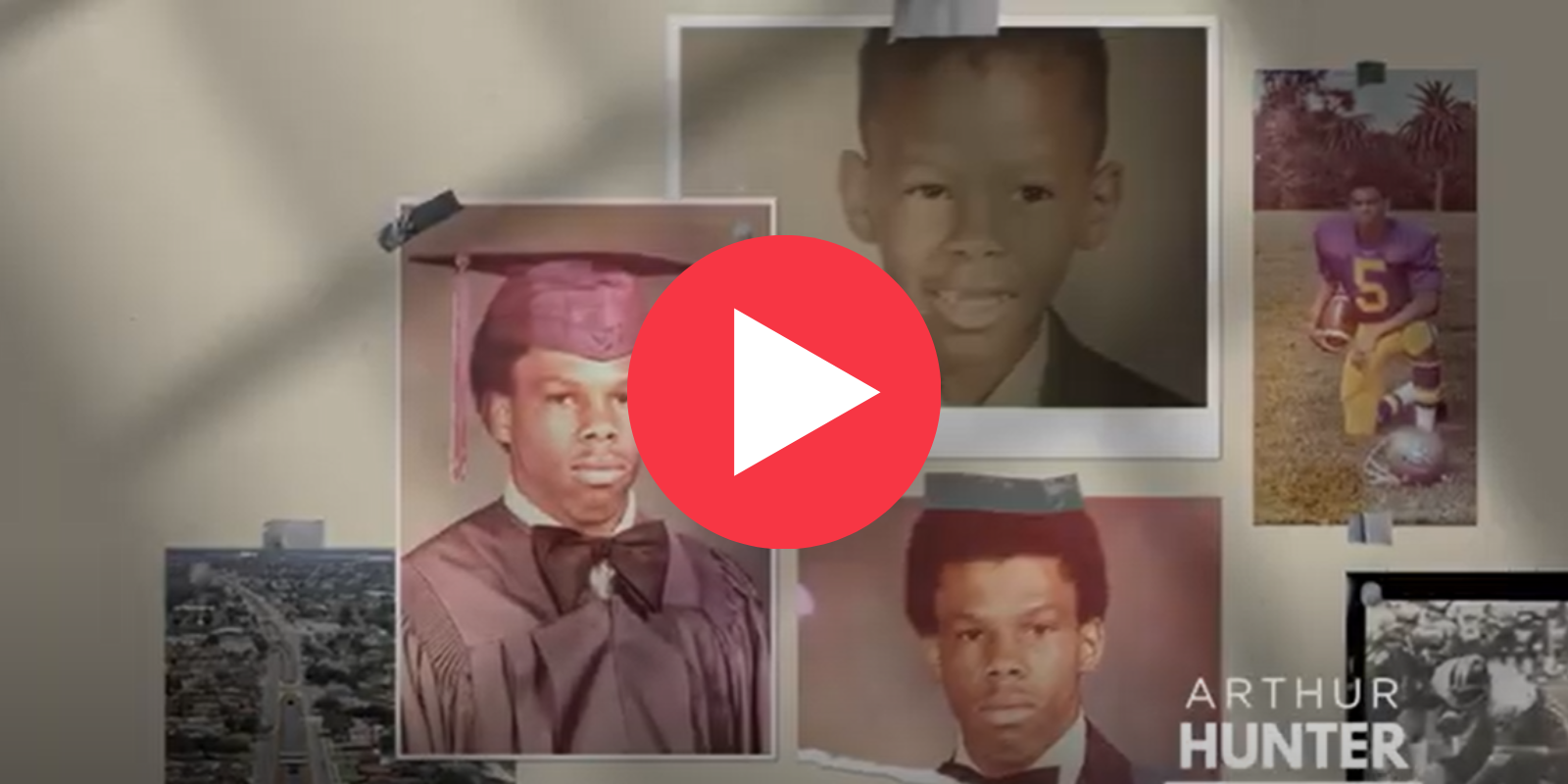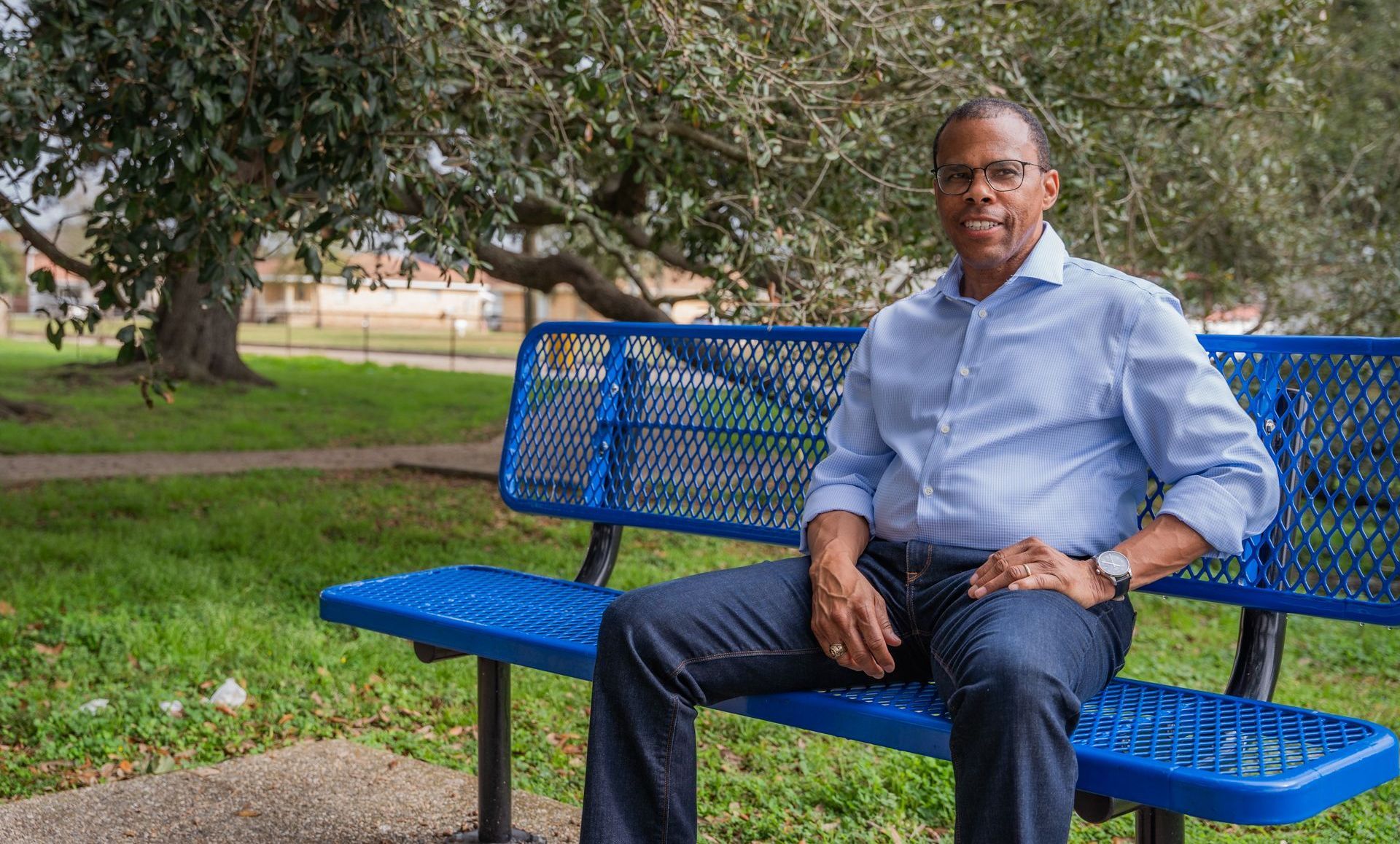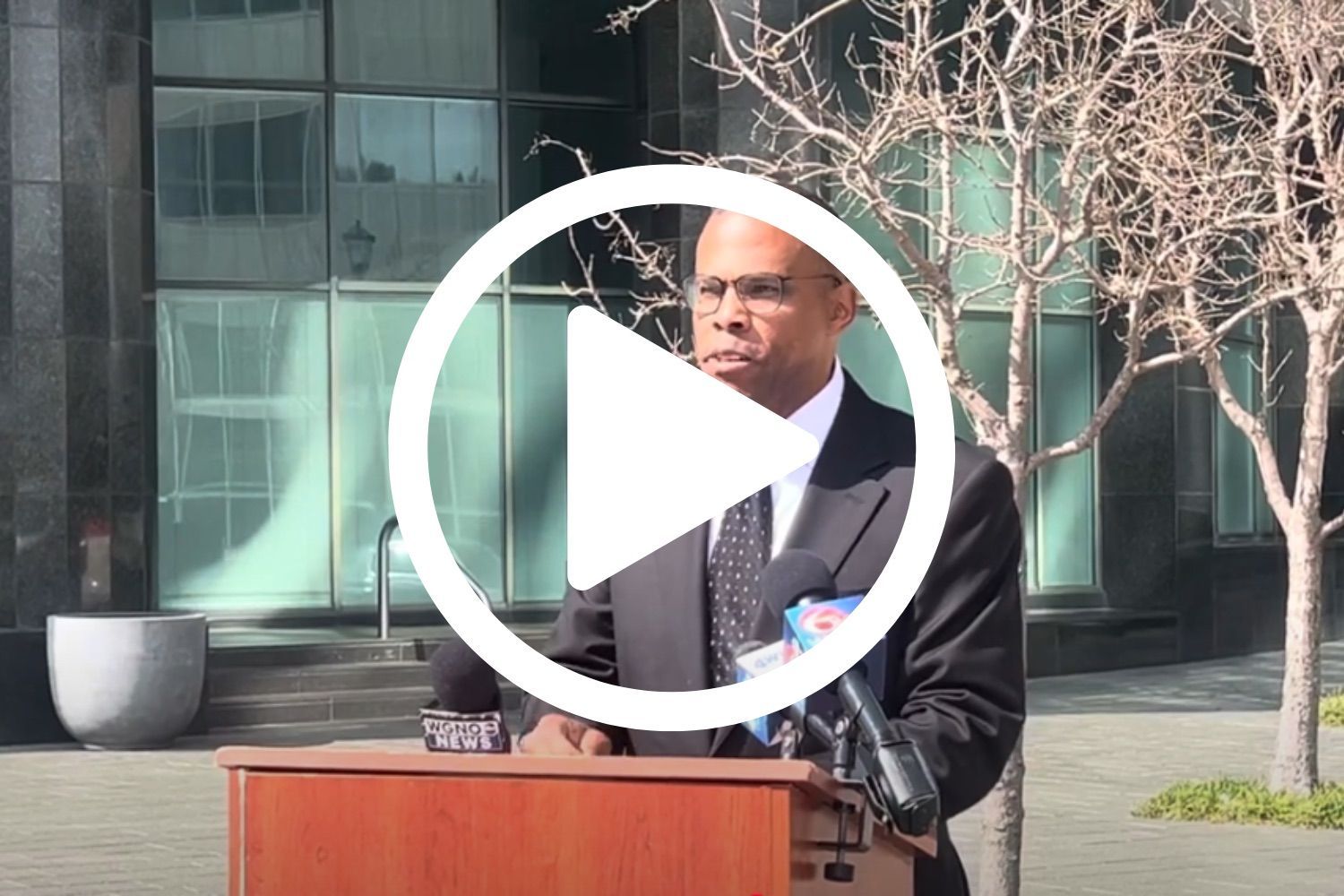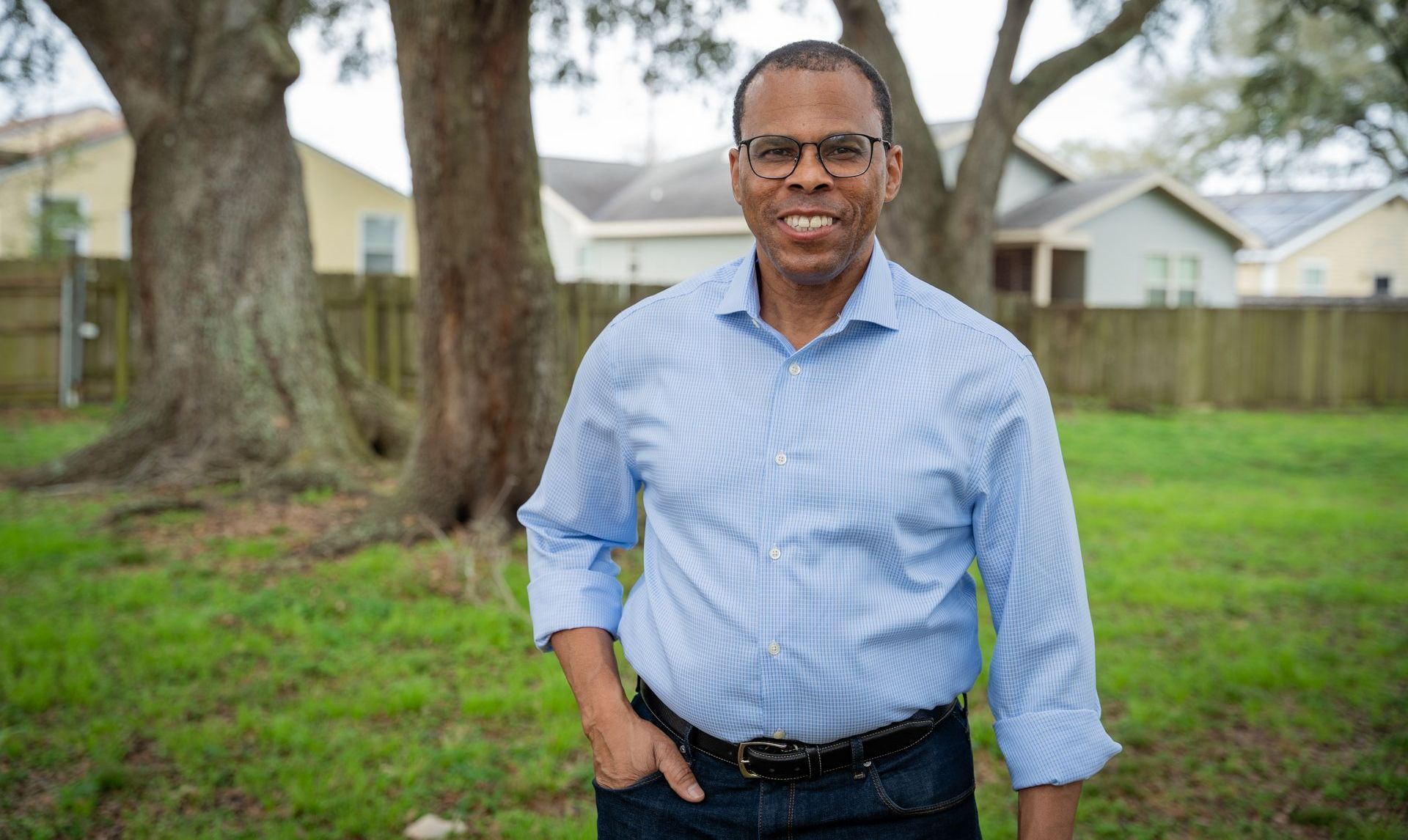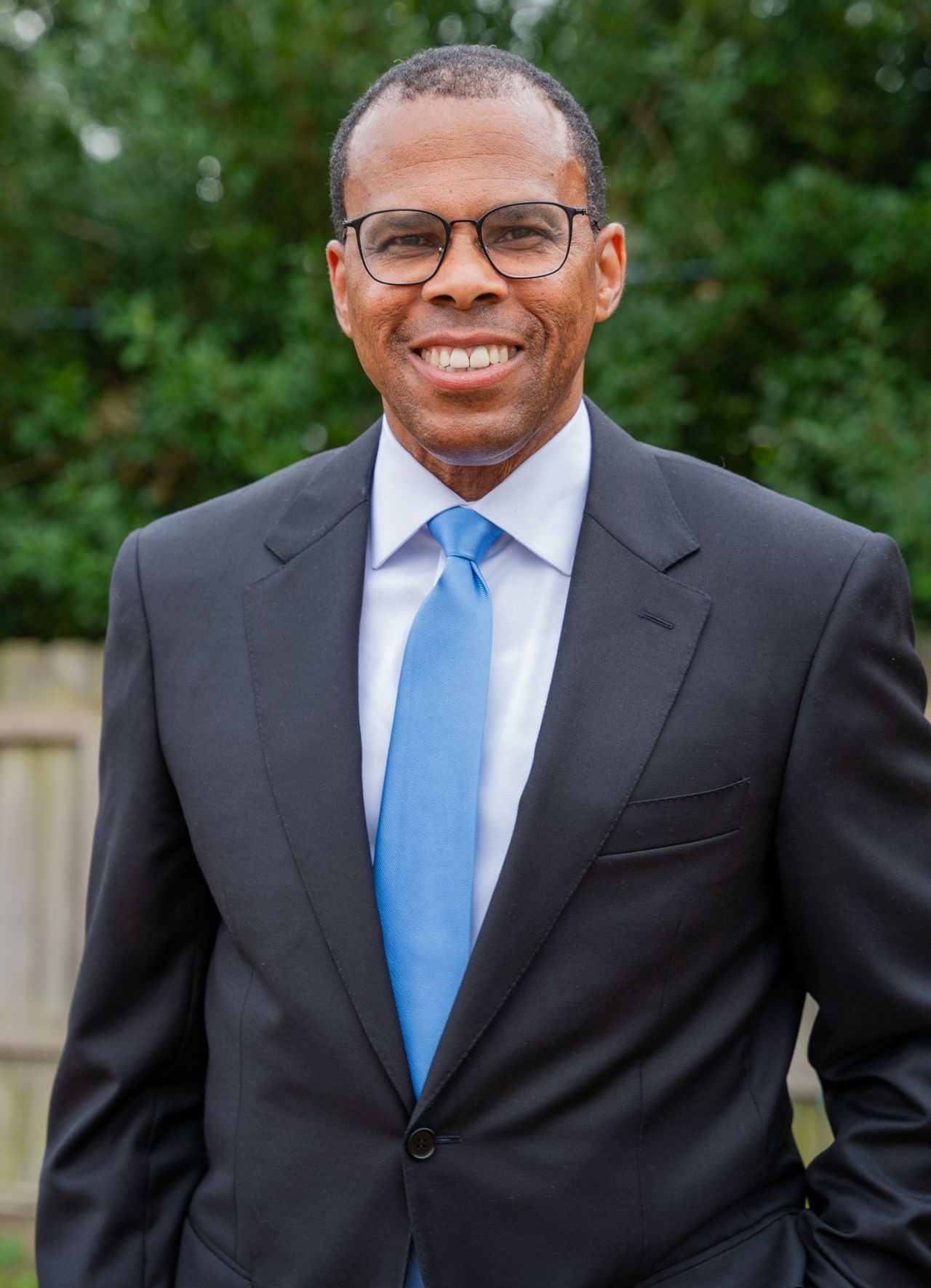How New Orleans can generate revenue and support small businesses through a city-owned centralized payment-processing system.
Have you ever wondered who profits from those extra fees when you pay your property tax online? Or your Sewerage & Water Board bill? Or those annoying traffic camera tickets? It’s not the City. But it can be. We’re likely talking about millions of dollars that we can use to build the city we deserve at no extra cost to our citizens.
The first hurdle to overcome is pervasive negative perceptions. It’s not a concern to be taken lightly: there’s been a longtime overall sense that the City of New Orleans cannot be trusted with money.
As cities across the nation grapple with budget deficits and economic recovery in the post-pandemic world, innovative solutions are more crucial than ever.
In New Orleans, one such innovation is for the city to adopt and own a centralized payment-processing system. This system would process all payments for taxes, permits, fees, tickets, and also support small businesses by providing a reliable, cost-effective alternative to third-party payment processors.
A New Revenue Stream
Currently, New Orleans relies on (and loses money to) third-party payment processors for handling almost any transaction you have with the city. These processors charge transaction fees that, over time, amount to a significant sum of money leaving the city’s coffers. By establishing a city-owned payment processing system, New Orleans can retain these fees and generate substantial revenue. This additional income can be reinvested into essential city services, infrastructure, and community programs, ultimately benefiting all residents.
Simplifying Transactions for Residents
A city-owned payment processing system can streamline the payment process for residents. Instead of navigating multiple platforms to pay tickets and taxes, apply for business and residential permits, and even acquire properties through auctions, citizens can utilize a single, user-friendly interface. This centralized system can reduce confusion and make it easier for residents to comply with their financial obligations, potentially increasing compliance rates and revenue collection.
Empowering Small Businesses
Small businesses are the lifeblood of New Orleans, contributing to its unique character and economic vitality. However, many of these businesses struggle with the high fees and complex requirements imposed by third-party payment processors, not to mention a confusing and inaccessible process for vendor permits. A city-owned system could offer lower transaction fees and a streamlined vendor-permit process, making it easier and cheaper for small businesses to legally offer products and services around town. By supporting these businesses, the city can foster a more robust and resilient local economy. We deserve this!
Enhancing Data Security
Data security is a growing concern in our digital age. A city-owned payment processing system would allow New Orleans to implement stringent security measures to protect residents’ and businesses’ financial information. By maintaining control over this sensitive data, the city can ensure higher standards of privacy and security than third-party processors who not only sell user information and struggle with continued data leaks, but also inhibit business growth by charging high fees to accept debit cards, credit cards, and gift cards.
Building Technological Infrastructure
Investing in a city-owned payment processing system is also an investment in the city’s technological infrastructure. This initiative can spur the development of new tech capabilities and create local jobs in the tech sector, contributing to New Orleans’ economic diversification. Additionally, the expertise gained through managing this system can be leveraged for other smart city initiatives, further modernizing the city’s operations. In fact, New Orleans could be a trend-setting city by bringing the city’s infrastructure, education, safety, economic growth, and healthcare under a central technology umbrella, enabling a effective data-driven approach to solving problems.
Encouraging Civic Engagement
A transparent, efficient, secure and user-friendly payment system can enhance civic engagement. When residents see their payments being processed efficiently and contributing to visible improvements in their community, trust in local government can increase. This trust can lead to higher civic participation and a stronger sense of community. The money made in New Orleans, stays in New Orleans. Period.
Implementation Strategy
The path to implementing a city-owned payment processing system involves several steps. Initially, the city should conduct a feasibility study to understand the costs, benefits, and potential challenges. Engaging with local tech firms and financial experts will be crucial in designing a system that meets the needs of all stakeholders.
Next, the city should pilot the system with a small group of users to gather feedback and make necessary adjustments. This phased approach can help identify and address any issues before a full-scale rollout. Additionally, ongoing education and support for residents and businesses will be essential to ensure a smooth transition to the new system.
Conclusion
In an era where cities must innovate to thrive, New Orleans has the opportunity to lead by example. By adopting and owning a payment processing system, the city can generate new revenue, support small businesses, enhance data security, and build a more engaged and resilient community. This forward-thinking approach can ensure that New Orleans not only preserves its rich heritage but also embraces a prosperous future.
This is the city we deserve.
ARTHUR HUNTER IN THE NEWS
